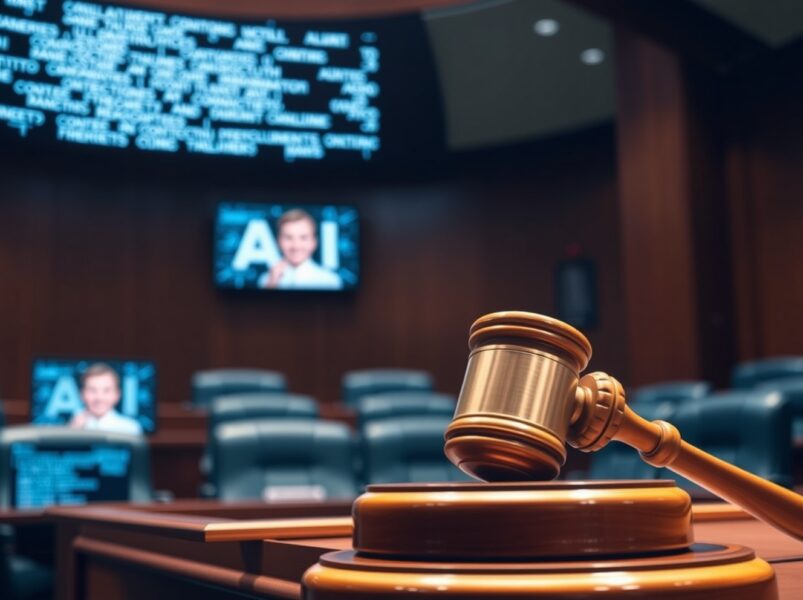Solana Unlocks Explosive Growth: Is This the ‘SOL Season’?
BitcoinWorld
Solana Unlocks Explosive Growth: Is This the ‘SOL Season’?
Galaxy Digital CEO Mike Novogratz has made a striking declaration, dubbing the current crypto market cycle the “SOL season.” This bold statement, shared during a recent CNBC interview, shines a bright light on Solana, highlighting its impressive capabilities and potential to reshape the global financial landscape. For many in the crypto world, this isn’t just a catchy phrase; it’s a powerful endorsement of a blockchain that’s rapidly gaining traction.
Novogratz’s insights offer a compelling perspective on where the digital asset market is headed, emphasizing the innovative strides made by Solana and its implications for both investors and the broader financial infrastructure.
Why is Solana Capturing the Spotlight?
According to Novogratz, Solana isn’t just another blockchain; it’s a game-changer. He specifically praised its lightning-fast transaction speeds and its optimization for financial markets. This focus on efficiency and scalability makes Solana a strong contender in the race to build the next generation of global financial infrastructure.
- Speed: Solana boasts incredibly high transaction throughput, processing thousands of transactions per second. This is crucial for applications demanding real-time data and rapid settlement.
- Efficiency: Its architecture is designed to handle large volumes of activity with lower fees, making it attractive for developers and users alike.
- Financial Optimization: Novogratz’s comments underscore Solana’s suitability for complex financial applications, from decentralized finance (DeFi) to institutional-grade solutions.
This unique combination of features positions Solana as a powerful platform for innovation, drawing significant attention from developers, investors, and industry leaders.
Solana vs. Ethereum: A Healthy Rivalry?
Novogratz also touched upon the dynamic between Solana and Ethereum, framing their relationship as a “healthy competition” within the global financial infrastructure sector. He believes that the future isn’t about one blockchain dominating all others, but rather a world where multiple robust blockchains will connect and coexist.
This vision suggests a future where different chains specialize or excel in various areas, leading to a more resilient and versatile ecosystem. As applications continue to evolve, the need for diverse and interconnected blockchain solutions will only grow. Both Solana and Ethereum, with their distinct strengths, are poised to play pivotal roles in this multi-chain future. Their ongoing innovation benefits the entire crypto space.
Beyond Solana: The Future of Interconnected Blockchains
The Galaxy Digital CEO’s outlook extends beyond just individual blockchains. He envisions a future where interoperability is key. This means different blockchain networks will seamlessly communicate and interact with each other, creating a more integrated and efficient digital economy.
This interconnectedness is vital for:
- Enhanced User Experience: Users won’t be confined to a single ecosystem but can leverage the best features across various chains.
- Increased Innovation: Developers can build more sophisticated applications by combining the unique functionalities of multiple blockchains.
- Broader Adoption: A more unified blockchain landscape can attract a wider audience, including traditional financial institutions.
Novogratz’s perspective highlights a maturing industry, moving towards collaboration and specialized roles for various platforms, including Solana.
What’s Next for Bitcoin and the Broader Crypto Market?
While Solana takes center stage in Novogratz’s current market assessment, he also offered a prediction for Bitcoin, the pioneering cryptocurrency. He anticipates a rebound for Bitcoin towards the end of the year. This potential resurgence is expected to coincide with crucial economic shifts, specifically interest rate cuts by the U.S. Federal Reserve.
Historically, shifts in monetary policy, such as interest rate adjustments, can significantly influence investor sentiment and capital flow into risk assets like cryptocurrencies. A more accommodative monetary environment could provide a tailwind for Bitcoin, potentially signaling a broader market recovery after a period of consolidation. Investors will be keenly watching both the Fed’s decisions and Bitcoin’s price action.
Summary: Mike Novogratz’s declaration of a “SOL season” firmly places Solana at the forefront of the current crypto market narrative. Its speed, efficiency, and financial optimization capabilities are positioning it as a major player in building the next generation of global financial infrastructure. While healthy competition with Ethereum drives innovation, the broader vision points towards an interconnected blockchain future. As we look ahead, Bitcoin’s anticipated rebound, tied to macro-economic factors, adds another layer of intrigue to the evolving digital asset landscape. The crypto market continues its dynamic journey, with platforms like Solana leading the charge into new possibilities.
Frequently Asked Questions (FAQs)
Q1: What does Mike Novogratz mean by “SOL season”?
Novogratz uses “SOL season” to describe the current market cycle where Solana is experiencing significant growth and attention, driven by its speed and financial optimization.
Q2: Why does Novogratz consider Solana optimized for financial markets?
He highlights Solana’s fast transaction speeds and efficient architecture, which are crucial for handling the high volume and real-time demands of financial applications and infrastructure.
Q3: How does Solana compete with Ethereum, according to Novogratz?
Novogratz views their relationship as a “healthy competition” within the global financial infrastructure sector, suggesting that both blockchains have distinct strengths and will coexist and connect in a multi-chain future.
Q4: What is Novogratz’s prediction for Bitcoin?
He predicts that Bitcoin will rebound towards the end of the year, a recovery he expects to align with interest rate cuts by the U.S. Federal Reserve.
Q5: What role do interest rate cuts play in Bitcoin’s potential rebound?
Interest rate cuts by the Federal Reserve can create a more accommodative monetary environment, potentially encouraging investment into risk assets like cryptocurrencies and signaling a broader market recovery.
Enjoyed this deep dive into the “SOL season” and Mike Novogratz’s insights? Share this article with your network and join the conversation about the future of Solana, Bitcoin, and the exciting world of interconnected blockchains!
To learn more about the latest Solana trends, explore our article on key developments shaping Solana price action.
This post Solana Unlocks Explosive Growth: Is This the ‘SOL Season’? first appeared on BitcoinWorld and is written by Editorial Team
Vous aimerez peut-être aussi

Brazil’s Supreme Court Convicts Jair Bolsonaro Over Coup Attempt

California’s Landmark AI Regulation: Protecting Users from Harmful AI Chatbots
